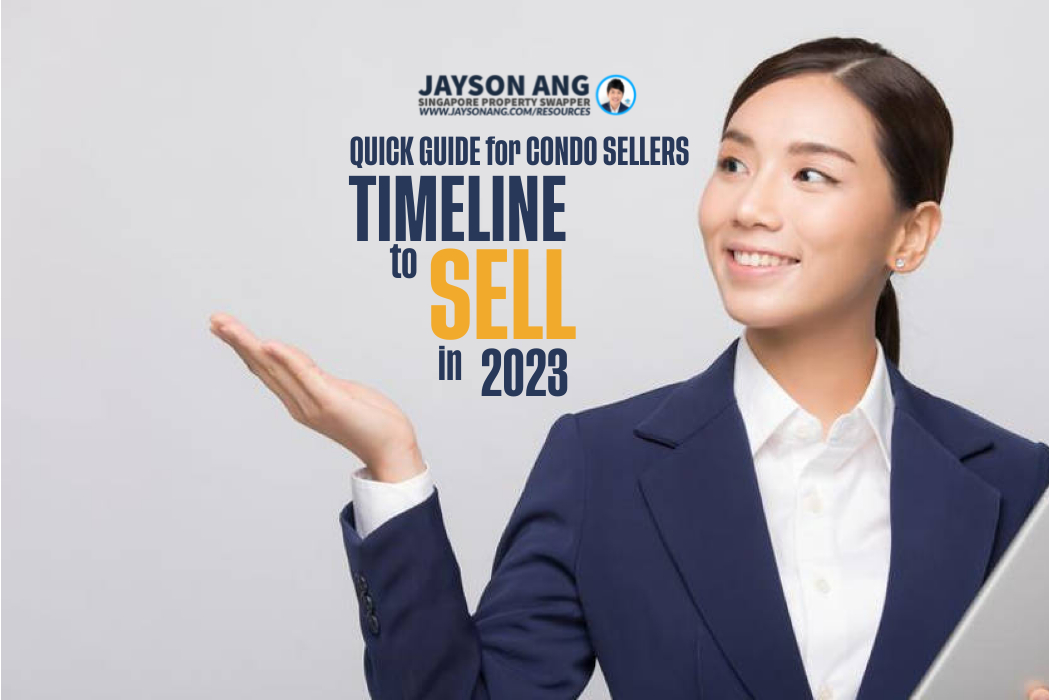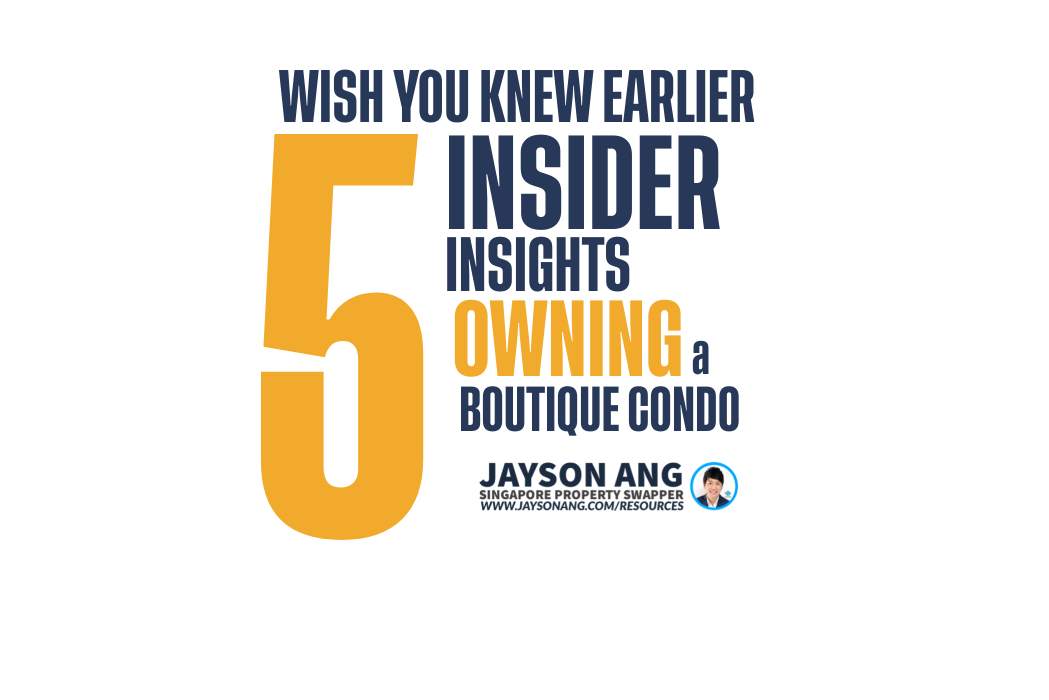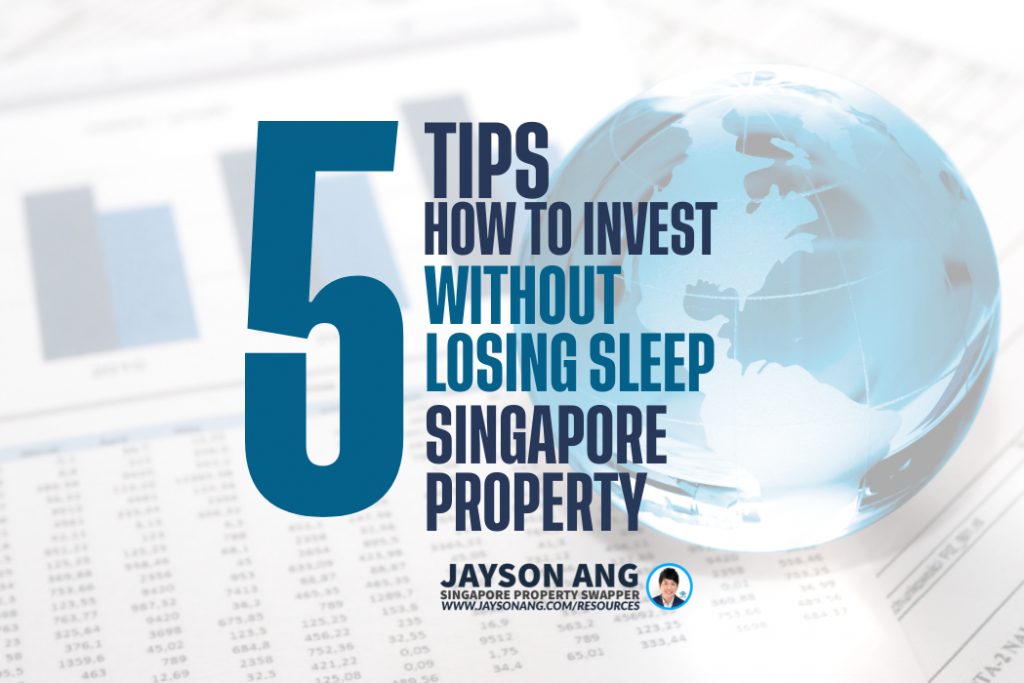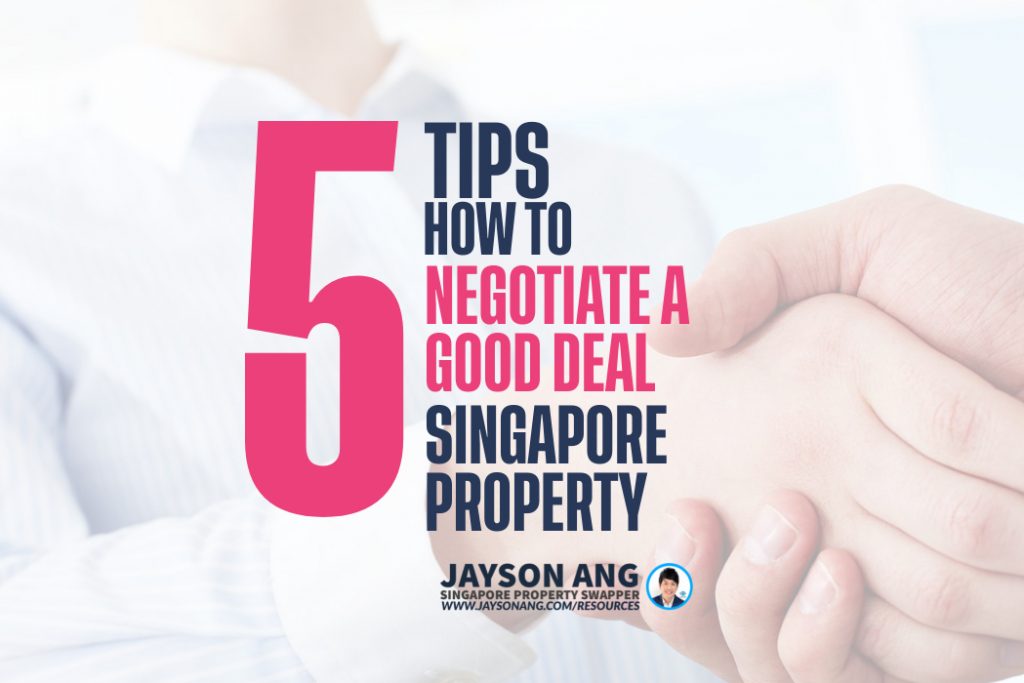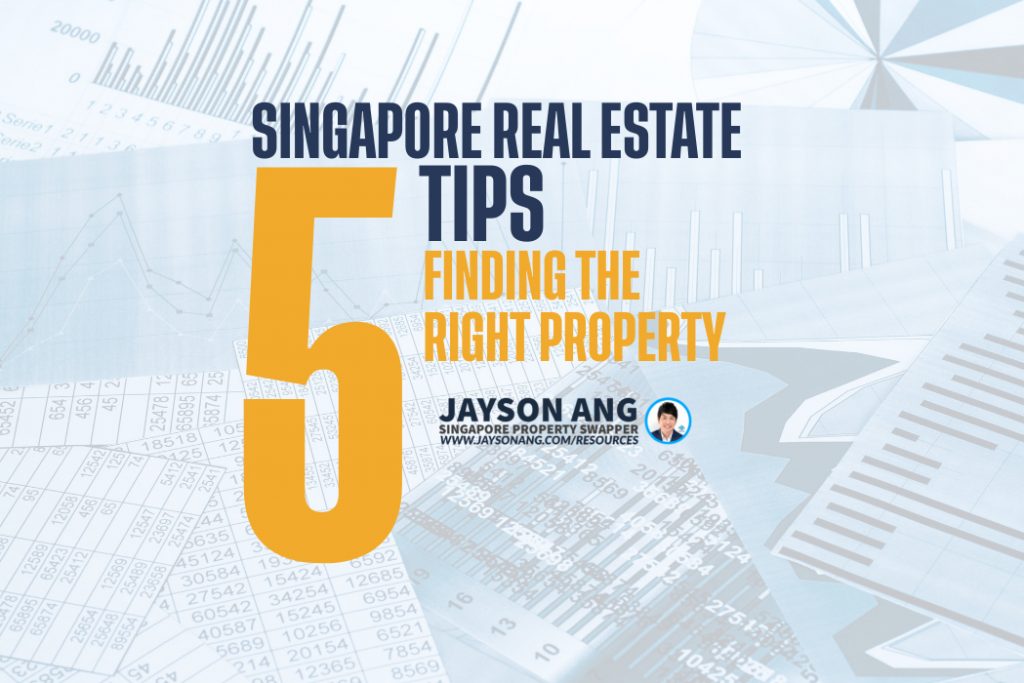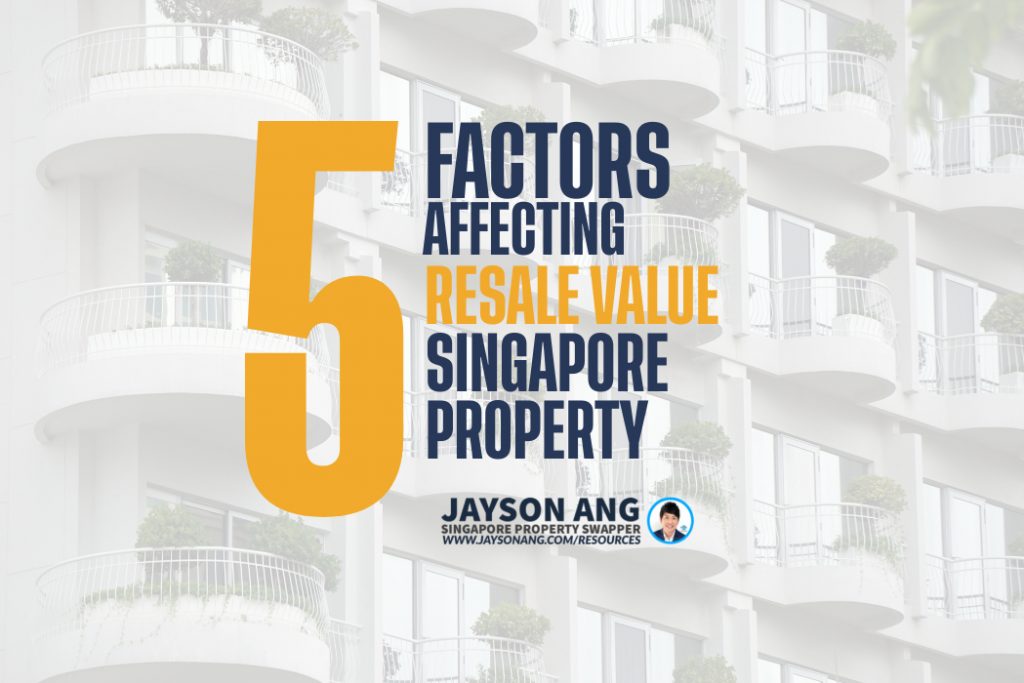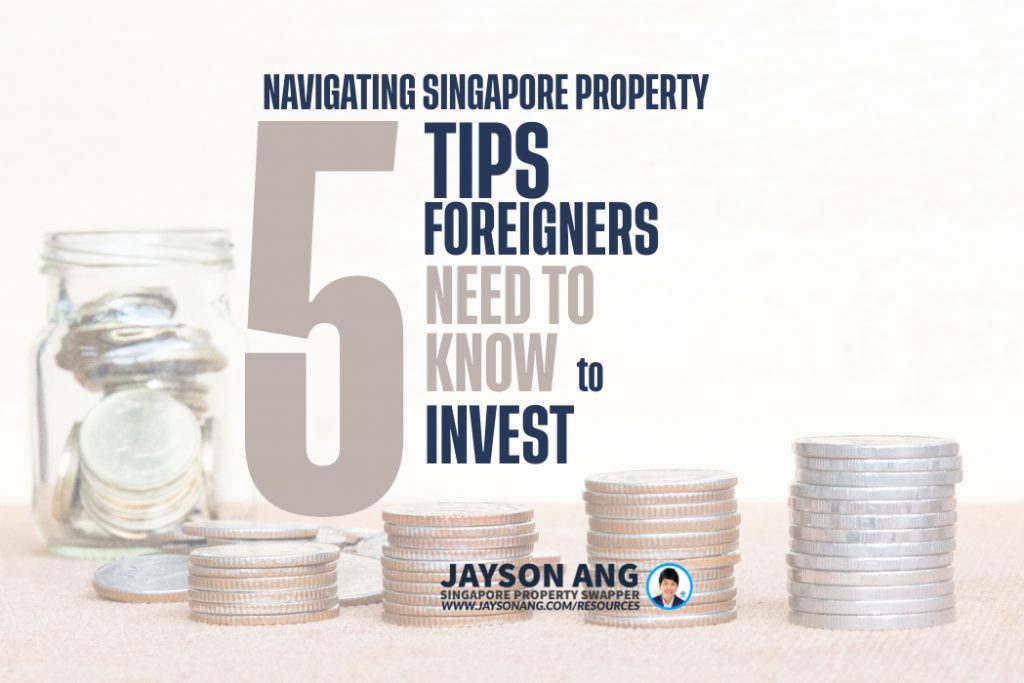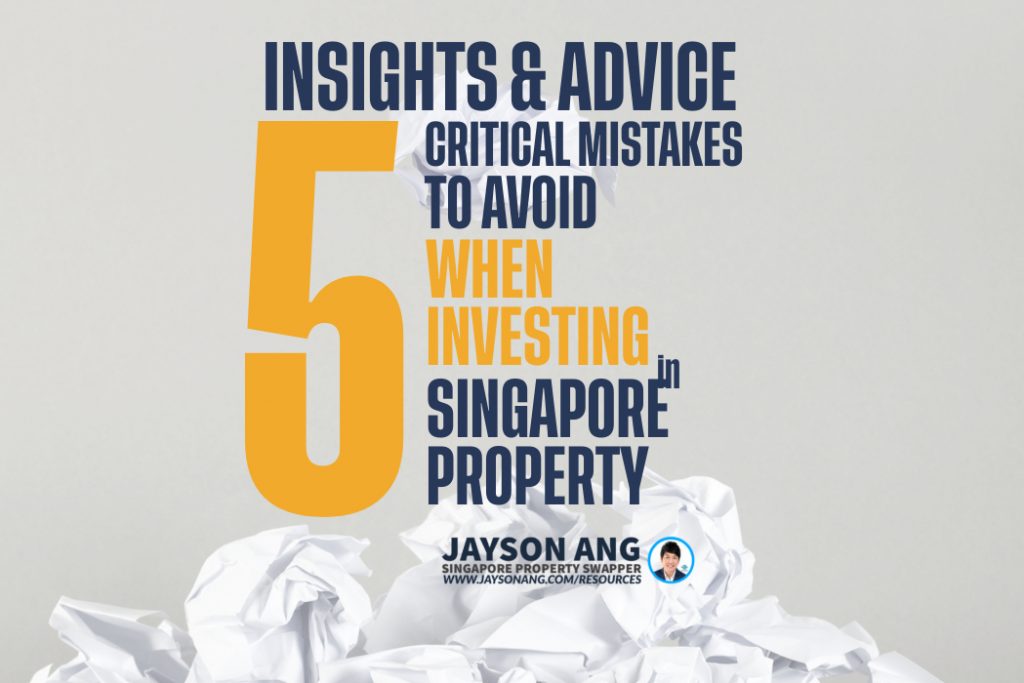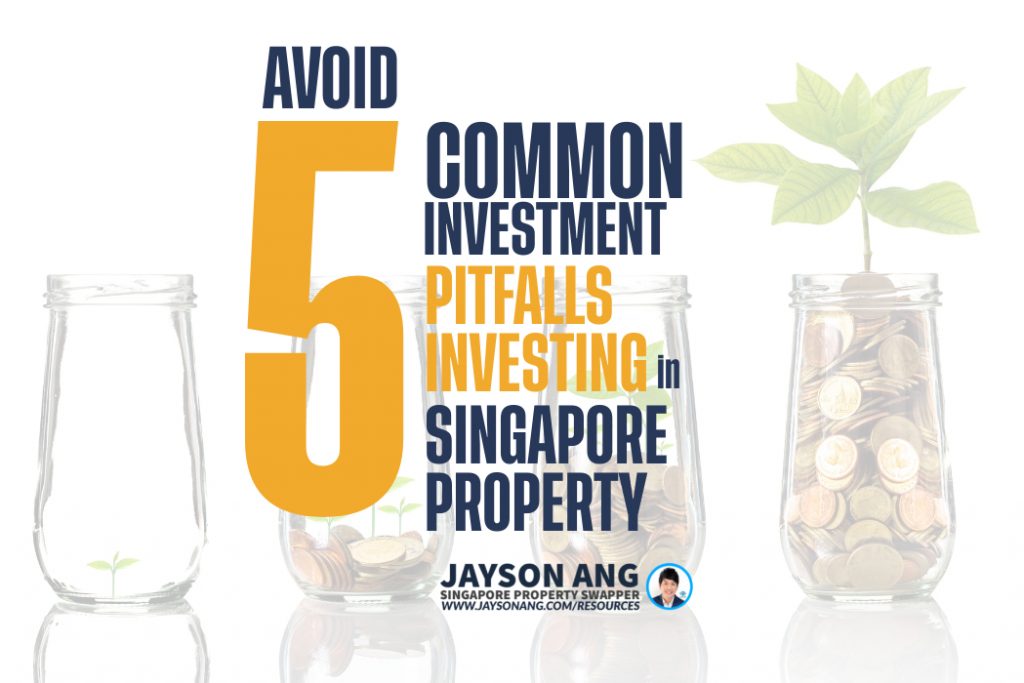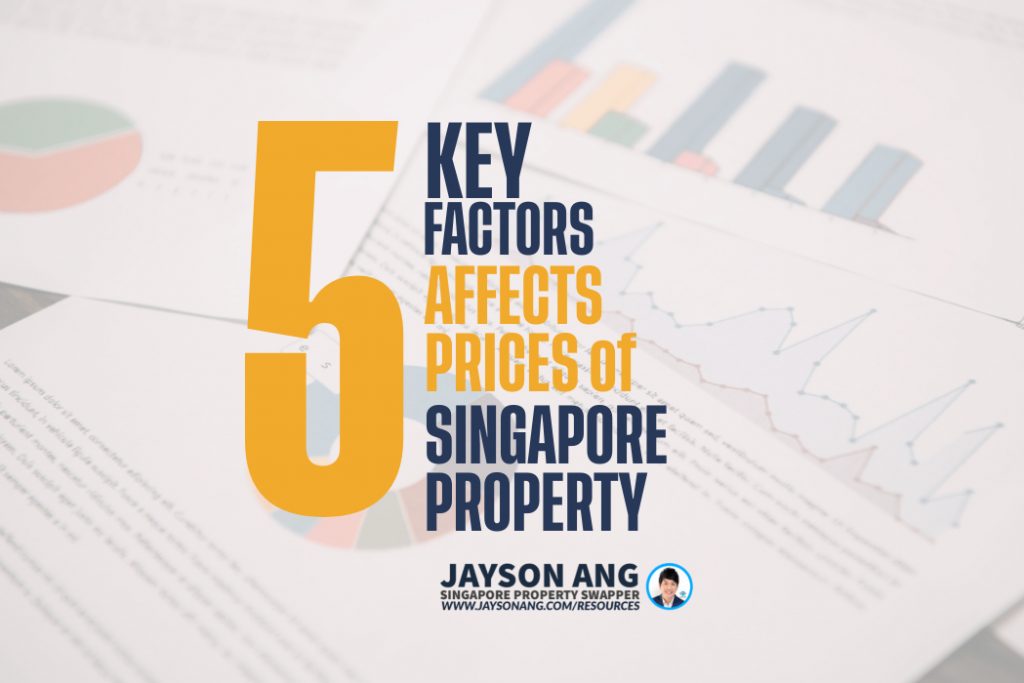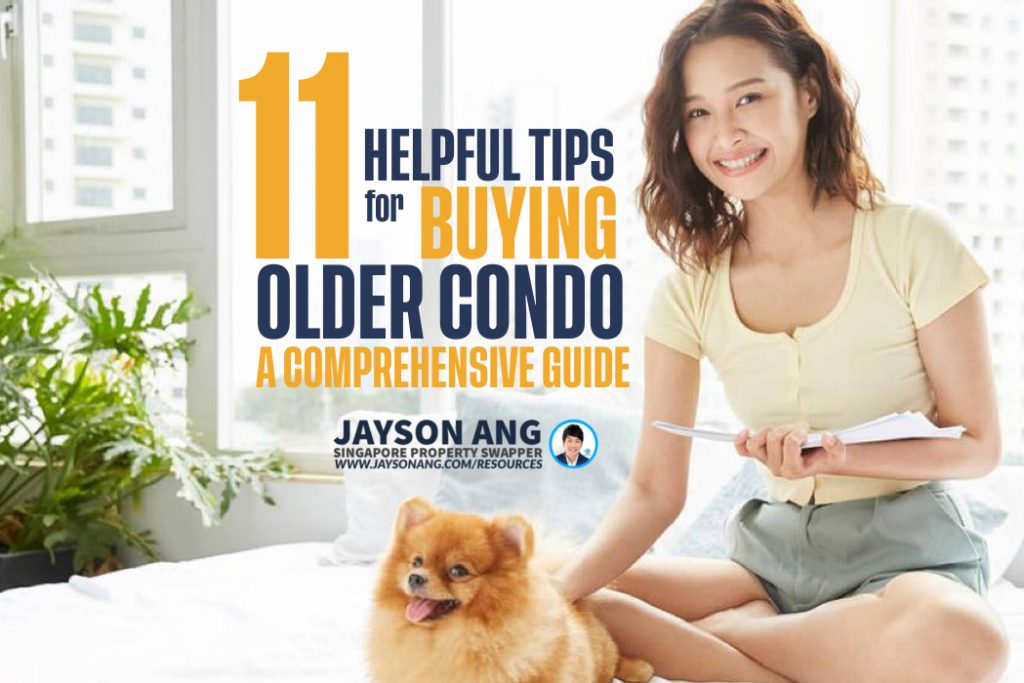TLDR
When selling a condominium in Singapore, understanding the critical steps is key. First, ensure you are not liable for Seller’s Stamp Duty (SSD). Conduct thorough market research to set a competitive price. Focus on home staging rather than costly renovations. Utilize advertising and marketing to attract potential buyers. Prepare for negotiations by knowing the market well. Engage a lawyer for the Option to Purchase process. Once the buyer exercises the OTP, complete the sale smoothly. Consider seeking expert advice for strategic real estate decisions and connecting with the right buyers.
Selling a condominium in Singapore can be more of a challenge than selling an HDB flat, as you are dealing with a private property and with fewer regulations in place.
Having a reliable agent is vital to ensure everything goes smoothly, but you shouldn’t just sit back and relax.
It’s important to have a basic understanding of the process, so you’re not taken advantage of if your agent is inexperienced.
1. Check Payable Seller’s Stamp Duty (SSD)
If you bought your condo three years ago and now you’re selling it, this step doesn’t apply to you – skip ahead to step 2!
The Inland Revenue Authority of Singapore (IRAS) requires property owners to pay Seller’s Stamp Duty (SSD) to be eligible to sell their home.
Don’t forget, SSD is the tax payable to IRAS if you sell a property within the first three years of purchasing it. To ensure you’re not liable to pay SSD, you must hold onto your property for three years prior to selling.
If you are liable, you must make the payment within 14 days from the date of exercising the Option.
SSD rates from 11 March 2017 onwards
Find out how much you’ll need to pay for an SSD based on your home’s actual price or market value – whichever is higher – with this table, valid for properties purchased from 11 March 2017 onward.
Source: IRAS, Seller’s Stamp Duty (SSD) for Residential Property
2. Conduct Market Research & Post Condo Listing
Before listing your condo on the market, it is a smart move to research the prices of comparable properties in the area.
This will provide you with a ballpark figure to benchmark against, so that you may set an appealing yet realistic price and avoid being taken advantage of by a savvy buyer.
A couple of factors typically determine the price of a condominium:
- Remaining lease on the property (or if it’s a freehold)
- Condition of the home
- Whether furnishings will be included
- Location
Are you curious about your property’s estimated valuation? Look no further!
There are plenty of free property valuation tools available – or, you can contact me for a custom assessment using my specialized software.
3. Home Staging & Renovation
Presenting your home in a way that will draw the most potential buyers is what home staging is all about.
Giving yourself the best chance of a high sale price is as simple as putting your best foot forward and following this process!
Homeowners often set the stage to appeal to potential buyers by furnishing their home with attractive pieces and styling it in a way that helps them imagine themselves living there.
With most listings being viewed online today, hiring an experienced photographer and videographer is almost a must as they can best showcase your home’s features and give buyers a virtual tour.
Renovating your home before selling can be tempting, especially since renovations cost around $82,000 on average. However, buyers may not be willing to pay more for the renovations and new homeowners usually want to personalize their spaces.
Therefore, it is generally not recommended to renovate your home for sale, unless it is to repair broken features.
4. Find Buyers Via Advertising And Marketing
When it comes to selling a house, identifying prospective buyers is a crucial stage of the process. Advertising and marketing can be a great way to attract them.
A good real estate agent can craft a marketing strategy to highlight the outstanding features of your home, such as its position, area, and conveniences.
Your advertising efforts can comprise of online listings, print ads, social media campaigns, and open houses – an effective combination for success.
An experienced agent can leverage targeted advertising to reach key demographics, such as first-time buyers or retirees.
By employing various marketing techniques, your agent can whip up a storm of excitement around your property and attract a wide array of prospective buyers.
Ultimately, the aim is to identify a buyer who recognizes the worth of your home and is eager to make a fair offer.
5. Arrange Viewings & Negotiations
If you want to keep your profit margin, now’s the time to prepare for battle! Your initial asking price isn’t set in stone and buyers may try to knock it down with curveballs.
It’s essential to be ready with counter-arguments. To stay ahead of the game, brush up on the area’s market research. Know the prices of properties in a 1km radius and have the district’s transaction history on hand; that way you can back up your price with solid numbers.
Despite the amount of work an average person can do, engaging a specialized property agent for your transaction will give you the greatest advantage; even more so when your agent is an expert in your town or district.
6. Contact A Lawyer & Grant Option To Purchase
Engaging a lawyer to draft the terms and conditions in the Option to Purchase (OTP) and draw up the required documents for the transfer of ownership is a key step in this process.
In contrast to HDB flats, whose OTPs can be accessed from the HDB website, OTPs for private properties must be prepared by a lawyer or an agent with the legal authority to manage real estate paperwork.
Once you’ve drafted the OTP, your buyer can purchase it from you at 1% of your condo’s selling price – though of course, this amount is negotiable between both parties. The Option Fee acts as an incentive to prevent the buyer from backing out after you’ve turned away other interested buyers and saved the house for them.
Once the buyer and seller have reached an agreement on the price, the seller must sign the OTP to launch the Option Period. This can last anywhere from two to ten weeks, depending on the progress of negotiations.
During this window, the buyer can choose to exercise the OTP, thereby showing their intent to purchase the property.
7. Buyer Exercise OTP
At this point, your only course of action is to wait for the buyer to formally accept your offer. When they do, your legal representative will let you know.
As far as payment goes, the buyer typically pays 4% of the selling price to the conveyancing account of your law firm (unless you’ve previously made other arrangements). After that, you will officially sign the Sale and Purchase Agreement with the buyer.
Remember that if the buyer chooses not to move forward with purchasing your home and does not act on the Option to Purchase within the allotted 14-week timeframe, the Option Fee will be forfeited.
8. Complete The Sale
Once you have engaged a lawyer or property agent for your sale, it should be relatively straightforward from here on out.
On the final sale date, all that remains is to sign the necessary paperwork and present the keys of your property to the new owner.
Be sure to vacate the property prior to the ownership transfer. If you must extend your stay beyond the transfer date, private arrangements should be made between you and the new owner.
They may extend you a courtesy by allowing you to stay rent-free for a while, though they are not obligated to do so since taxes and maintenance become their responsibility upon transfer of ownership.
Should You Buy, Sell or Wait?
If you’re reading this, you must be trying to figure out the best course of action right now: is it the right time to buy or sell?
It’s difficult to give an exact answer since everyone’s situation is unique and what works for one person may not necessarily work for you.
I can bring you a wealth of on-the-ground experience and a data-driven approach to provide clarity and direction. From beginners to experienced investors, our top-down, objective approach will help you on your real estate journey.
I can help you by:
- Offering Strategic Real Estate Advice – I can help create a comprehensive plan to guide you through your property journey.
- Connecting Your Home with the Perfect Buyers – Through stunning visuals, an effective communication strategy, and an in-depth knowledge of the market, we’ll ensure your home is presented in the best possible way to fulfill your goals.
You May Also Like …

